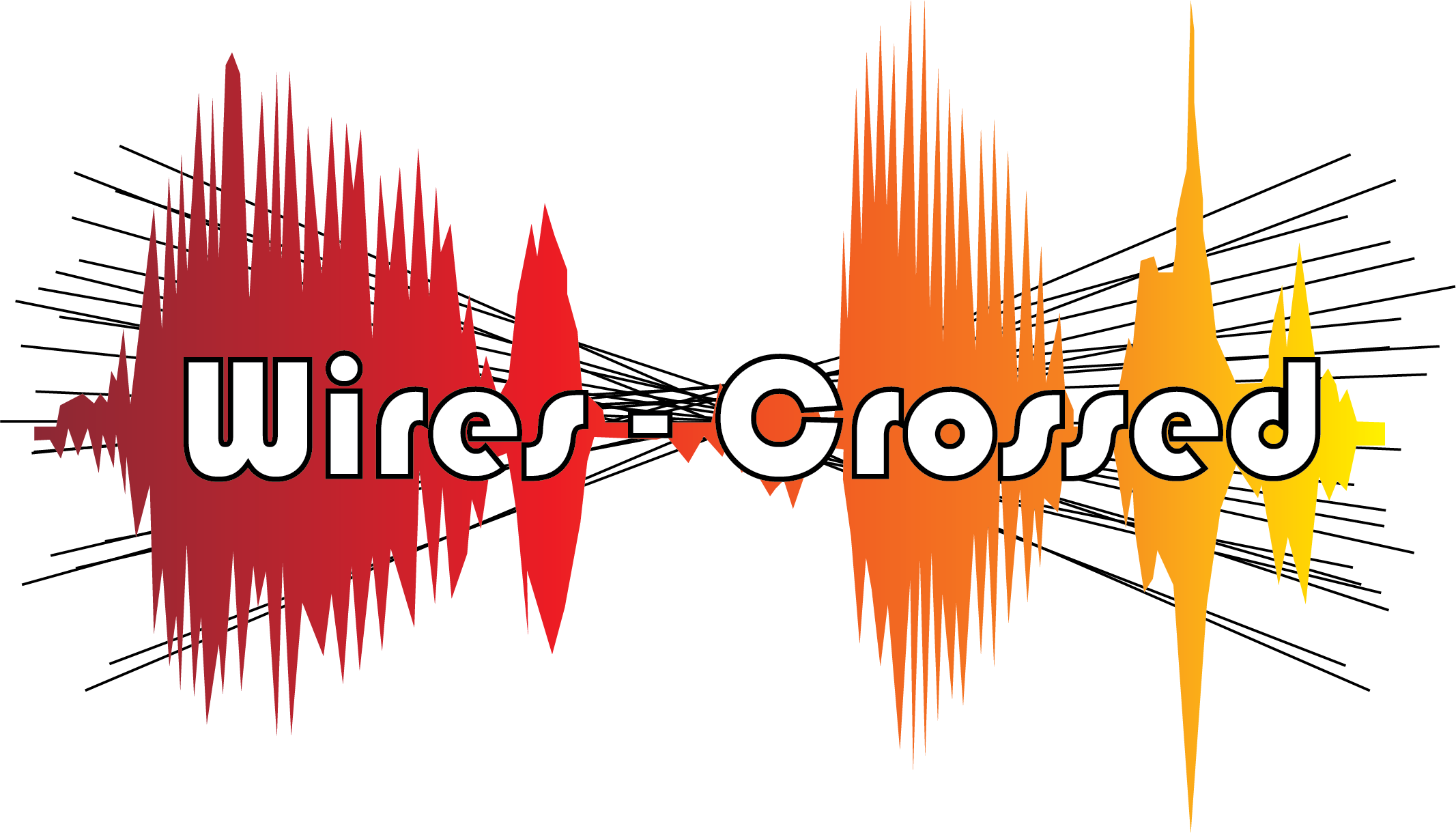Author and cultural critic bell hooks poses for a portrait in 1996. (Karjean Levine/Getty Images)
For many young feminists, hooks’s work was the entry point to theory, shared in a language they could understand without an advanced degree. Her ideas were present in academia, integral to the foundation of the next generation of feminist thought, but they were also approachable. She spoke to those who might never feel welcome in the ivory tower as well as those who carved a place for themselves there. Reading “I will not have my life narrowed down. I will not bow down to somebody else’s whim or to someone else’s ignorance,” in “Ain’t I a Woman: Black Women and Feminism,”gave me the confidence I needed to assert myself in the academy as a young, newly single mother.
She embraced actress and activist Laverne Cox and by proxy trans womanhood publicly and enthusiastically. During a 2014 panel discussion, Cox explained how hooks had affected her life. “You were moving away from these ideas of essentialized womanhood that held feminism back,” Cox said. “I found myself there, as a gender-nonconforming college student. I was not quite able to accept my womanhood, but I was able to say, ‘Maybe there’s a space for me here.’ . . . I love that you talked about pop culture, the space that I longed to be in — but not uncritically.” In fact, during that same discussion, hooks was critical of “Orange Is the New Black,” the show that made Cox famous, and reproachful of the way the actress presented herself. While Cox said she felt empowered by her traditionally feminine aesthetic choices, she also wondered, “Am I feeding into the patriarchal gaze with my blond wig?” Without missing a beat, hooks responded, “yes.” She was known for a razor-sharp wit accompanied by an infectious smile.
For many, these words were shocking. Beyoncé’s feminism may be imperfect — and it’s certainly open to analysis and critique — but should her monumental creation be so easily dismissed? Should Beyoncé’s, or any young feminist’s, exploration of what feminism means to them be curtailed by respectability politics or the expectations of others who, while certainly revered, were also imperfect? hooks had specific ideas of what Black feminism should be and could callously dismiss those outside of her vision.
It’s easy to look at our heroes retroactively and only see the best about them, but the things they got wrong can also teach us where we can do better, where we can set aside our biases and respond to the person in front of us as a fellow human. In hooks, for instance, some may find contradiction between her words and her behavior. She was anti-capitalist and a landlord. She struggled with the public expression of sexuality by Black women such as Beyoncé and yet, in a 1996 article, she wrote about a romantic relationship she had with a former student. In that piece she laid out an argument for the best ethics of conducting such relationships, but fundamentally it is clear even in her own writing that there was a power imbalance that could do harm.
The article was originally published in The Washington Post: https://www.washingtonpost.com/entertainment/books/?itid=nb_arts-and-entertainment_books

